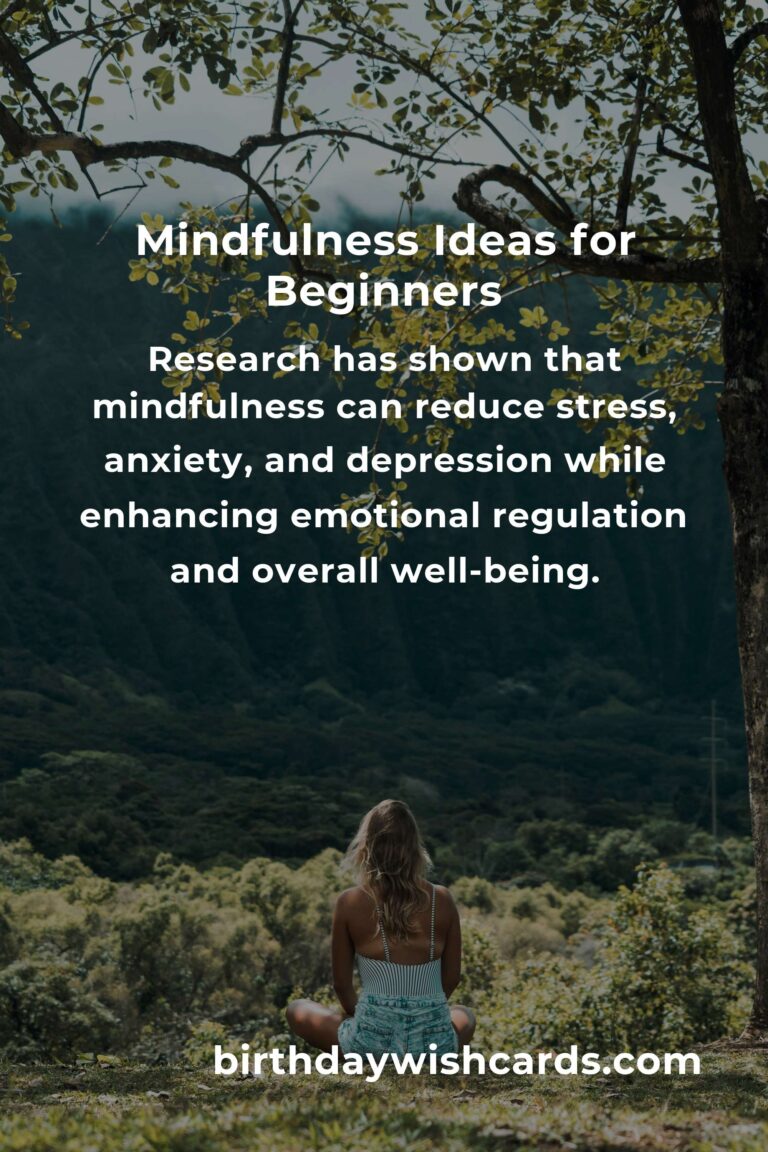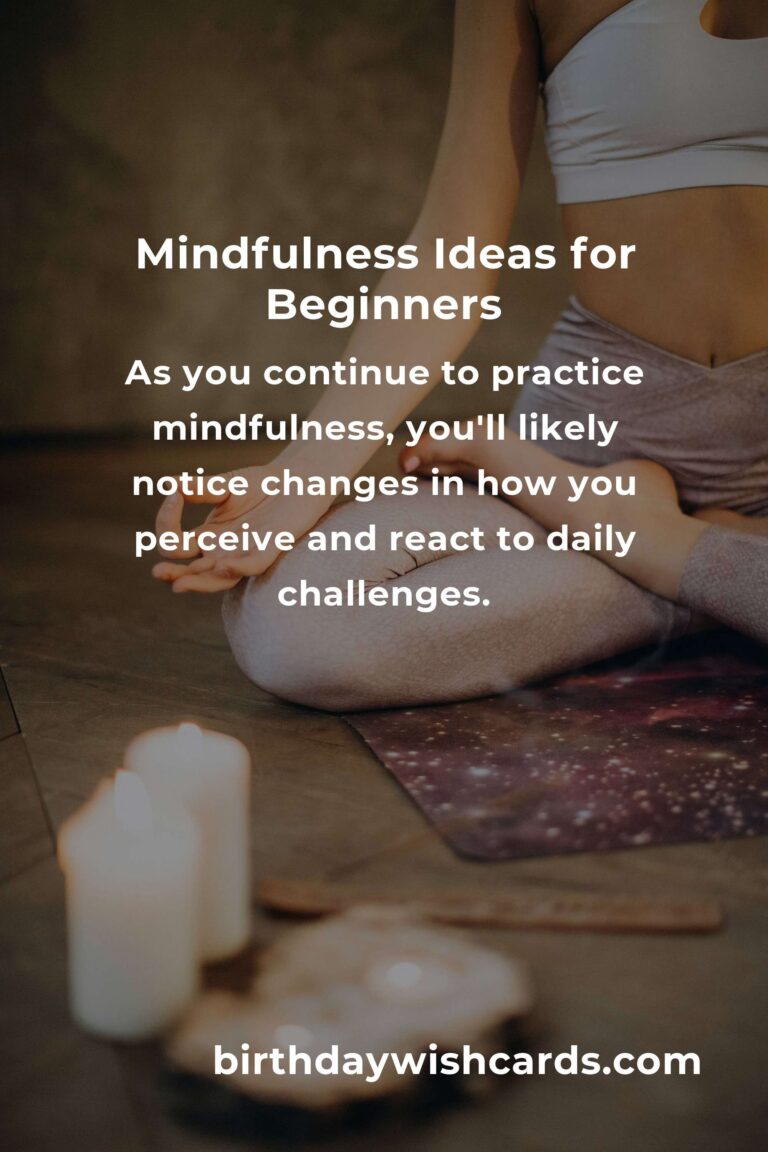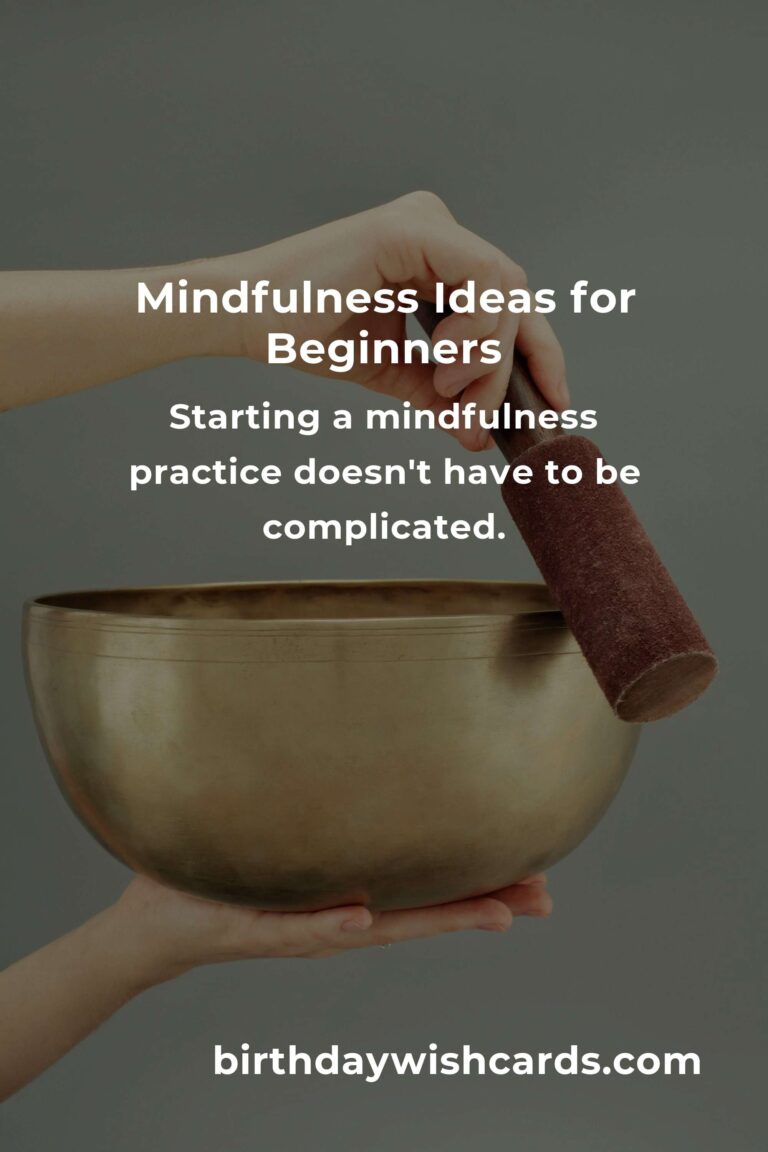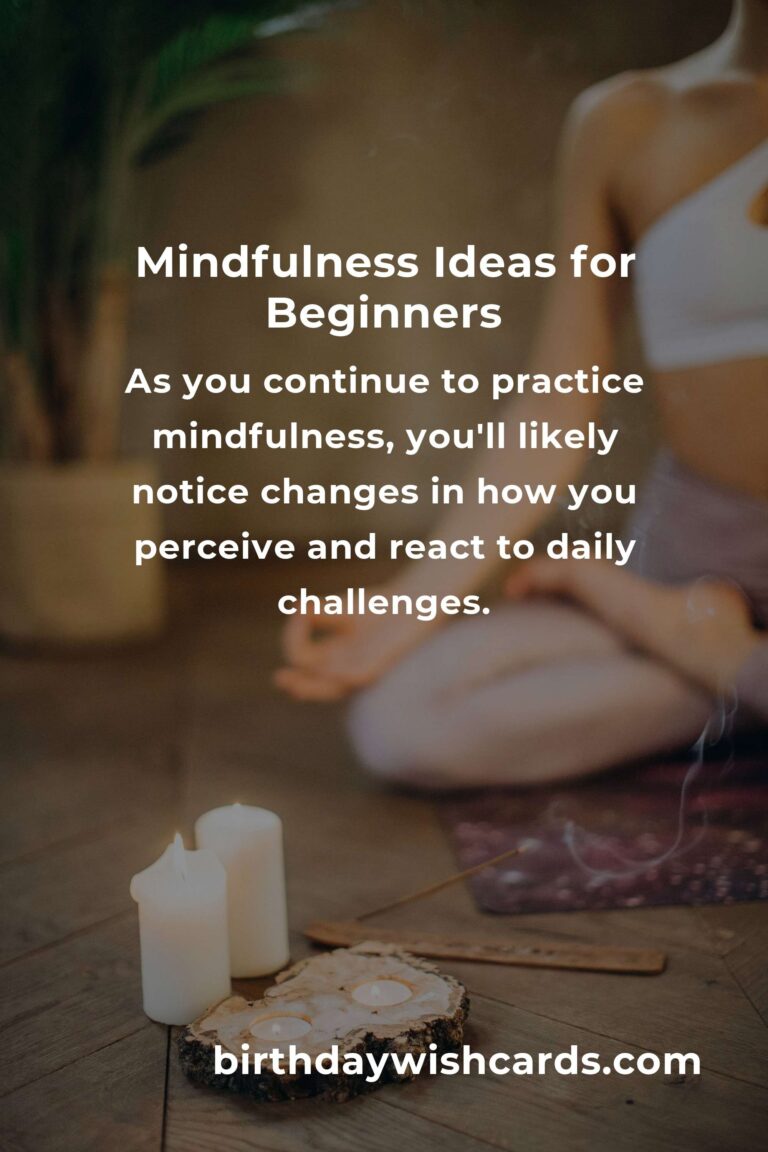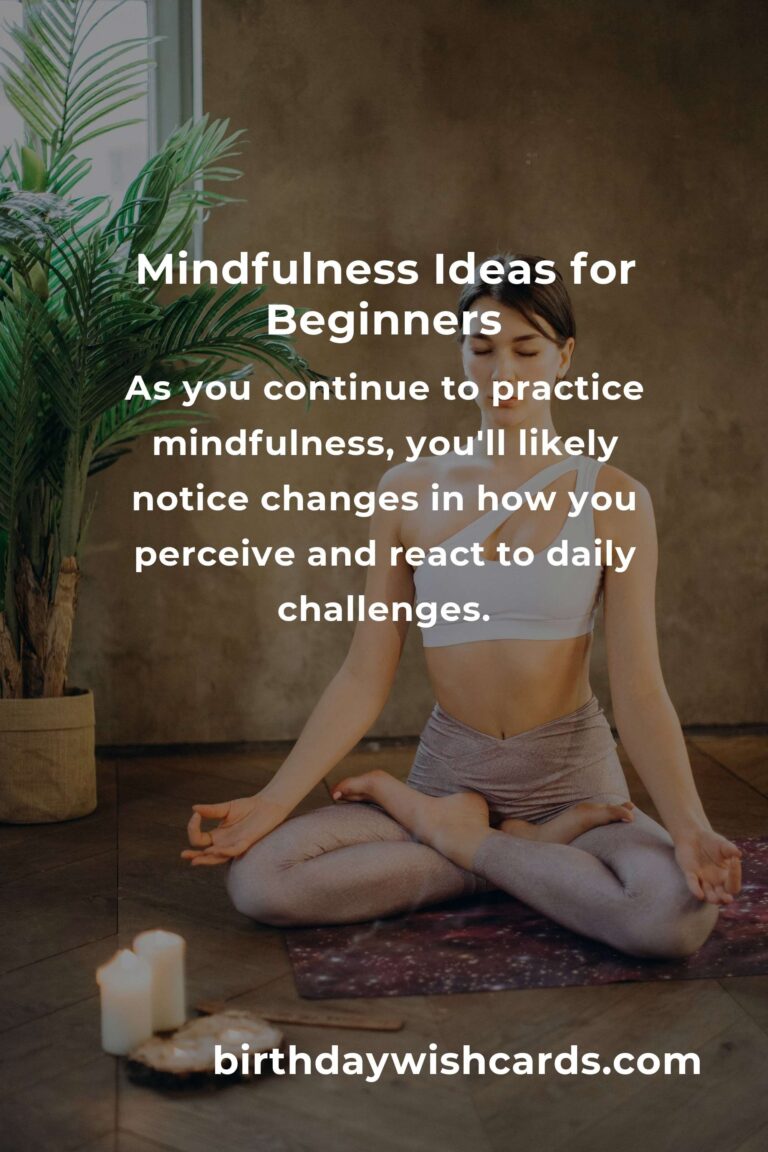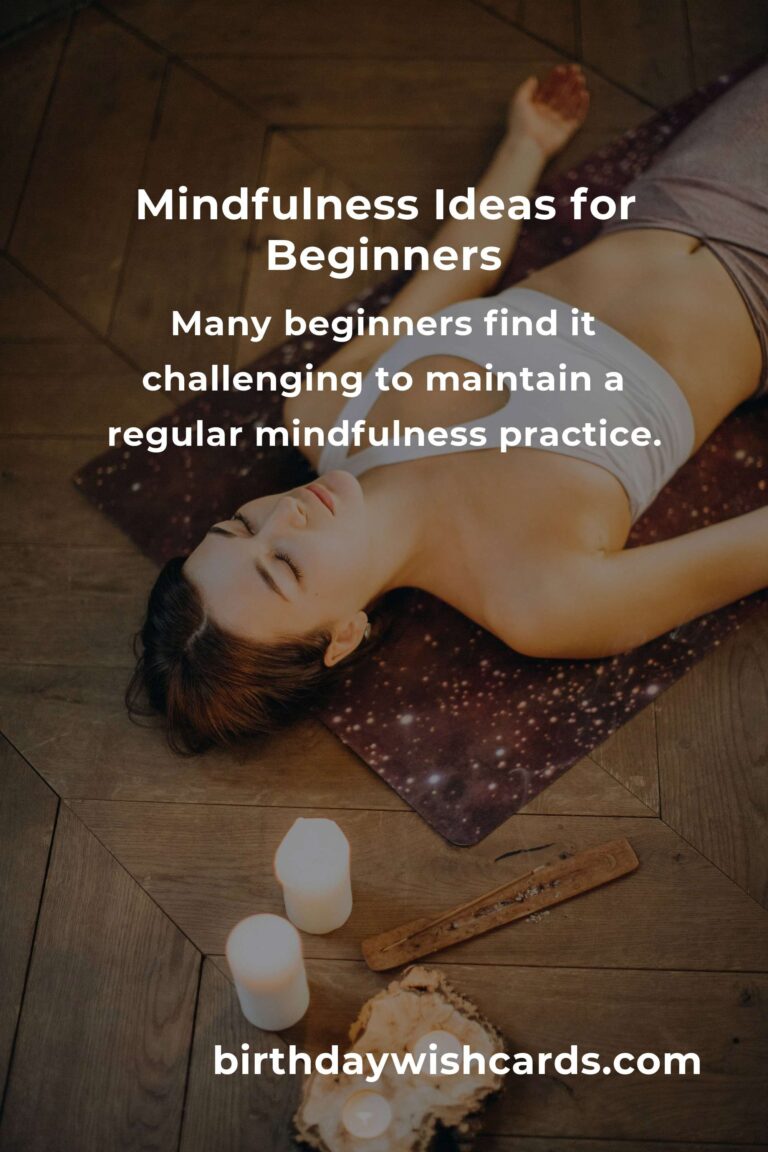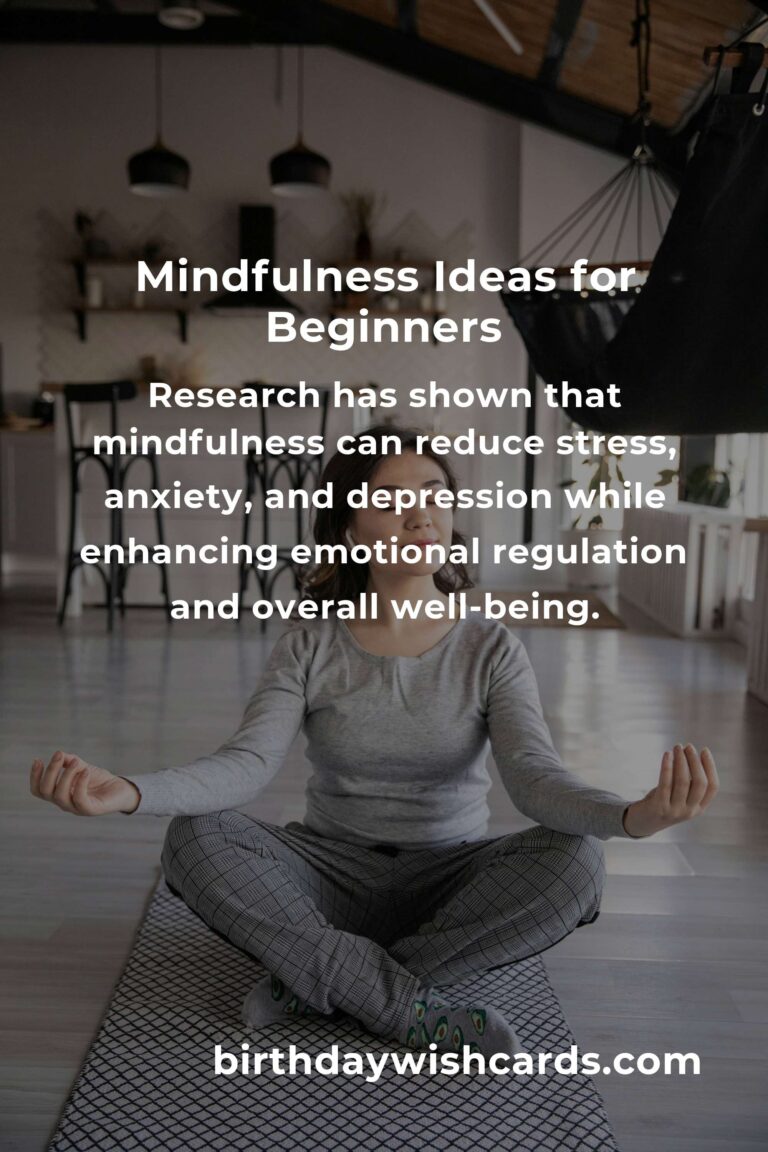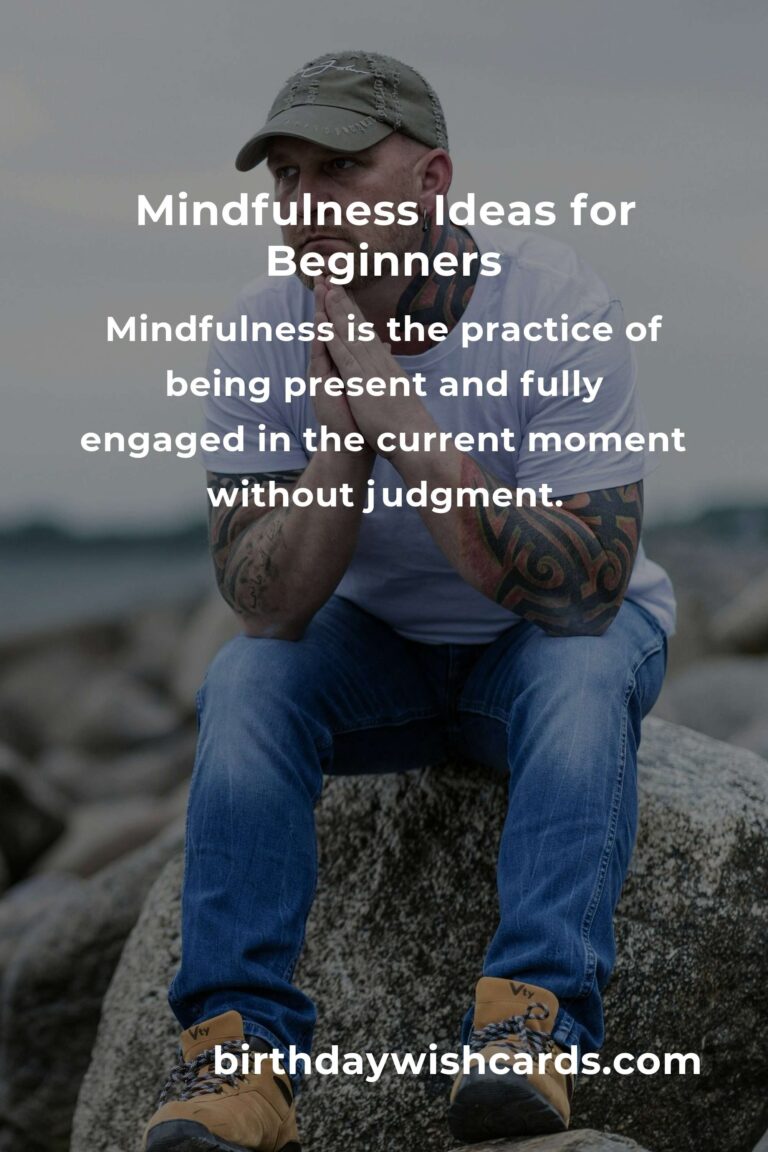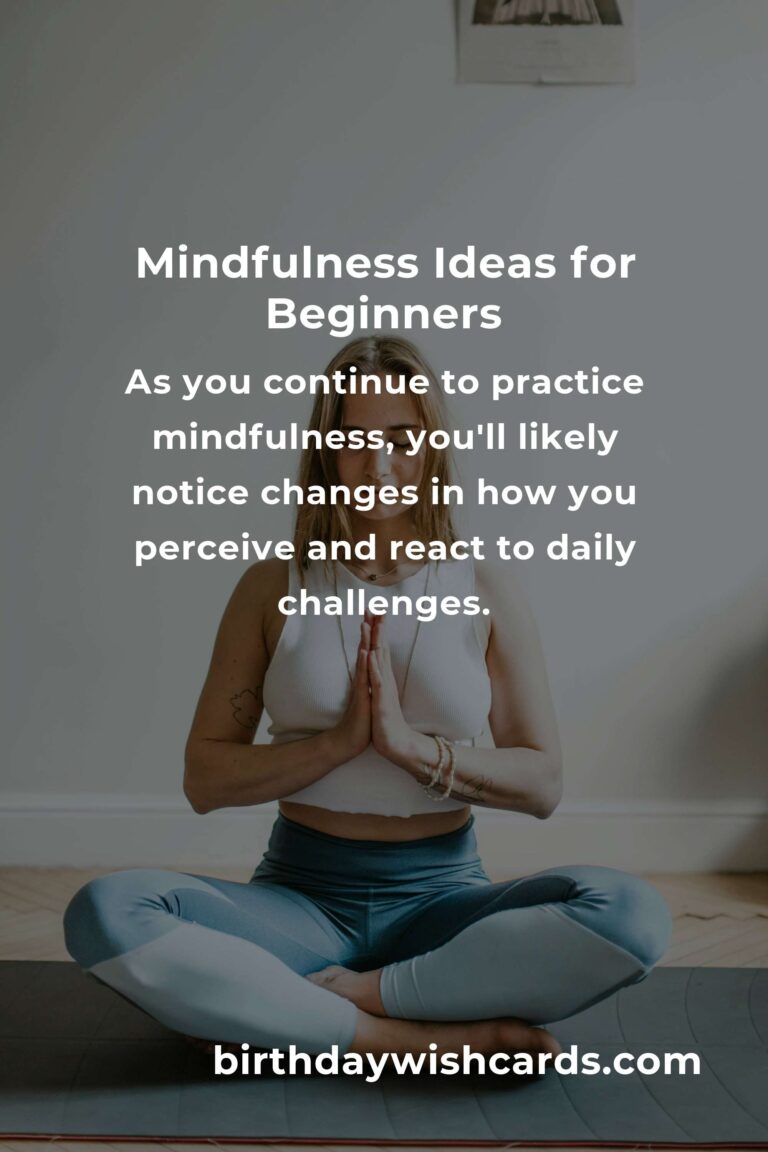
In today’s fast-paced world, finding moments of peace and calm can seem like a daunting task. However, mindfulness offers a path to tranquility and greater awareness in our daily lives. This beginner’s guide to mindfulness will introduce you to essential ideas and practices that can help you cultivate a more mindful and serene existence.
Understanding the Basics of Mindfulness
Mindfulness is the practice of being present and fully engaged in the current moment without judgment. It involves paying attention to your thoughts, feelings, and bodily sensations in a non-reactive way. By doing so, you can break free from the cycle of automatic thoughts and achieve a state of mental clarity.
Why Mindfulness Matters
Research has shown that mindfulness can have a profound impact on mental health. It can reduce stress, anxiety, and depression while enhancing emotional regulation and overall well-being. Mindfulness can improve focus and concentration, making it a valuable tool for anyone looking to enhance their productivity and quality of life.
Simple Mindfulness Practices for Beginners
Starting a mindfulness practice doesn’t have to be complicated. Here are some simple techniques you can incorporate into your daily routine:
1. Mindful Breathing
Begin by focusing on your breath. Take deep, slow breaths and pay attention to the sensation of the air entering and leaving your body. If your mind starts to wander, gently bring your focus back to your breath.
2. Body Scan Meditation
Lie down in a comfortable position and close your eyes. Starting from your toes, consciously relax each part of your body, moving upwards to the crown of your head. This practice helps you develop a deeper awareness of bodily sensations.
3. Mindful Walking
Take a walk at a slow pace, focusing on the sensation of your feet touching the ground. Notice the sights, sounds, and smells around you. This practice can be a refreshing way to integrate mindfulness into your daily routine.
Overcoming Common Challenges
Many beginners find it challenging to maintain a regular mindfulness practice. It’s important to be patient with yourself and remember that mindfulness is a skill that requires consistent practice. Here are some tips to help you overcome common obstacles:
- Set a Regular Schedule: Dedicate a specific time each day for your mindfulness practice to build a habit.
- Start Small: Begin with short sessions and gradually increase the duration as you become more comfortable.
- Join a Community: Joining a mindfulness group or class can provide support and encouragement.
The Long-term Benefits of Mindfulness
As you continue to practice mindfulness, you’ll likely notice changes in how you perceive and react to daily challenges. Over time, mindfulness can lead to greater emotional resilience, improved relationships, and a deeper sense of inner peace. By committing to this practice, you can transform your life in meaningful ways.
Embarking on a mindfulness journey is a powerful step towards self-discovery and personal growth. With patience and dedication, you can harness the benefits of mindfulness to create a calmer, more fulfilling life.
Mindfulness is the practice of being present and fully engaged in the current moment without judgment. Research has shown that mindfulness can reduce stress, anxiety, and depression while enhancing emotional regulation and overall well-being. Starting a mindfulness practice doesn’t have to be complicated. Many beginners find it challenging to maintain a regular mindfulness practice. As you continue to practice mindfulness, you’ll likely notice changes in how you perceive and react to daily challenges.
#Mindfulness #BeginnersGuide #MentalHealth #Wellbeing #StressRelief


